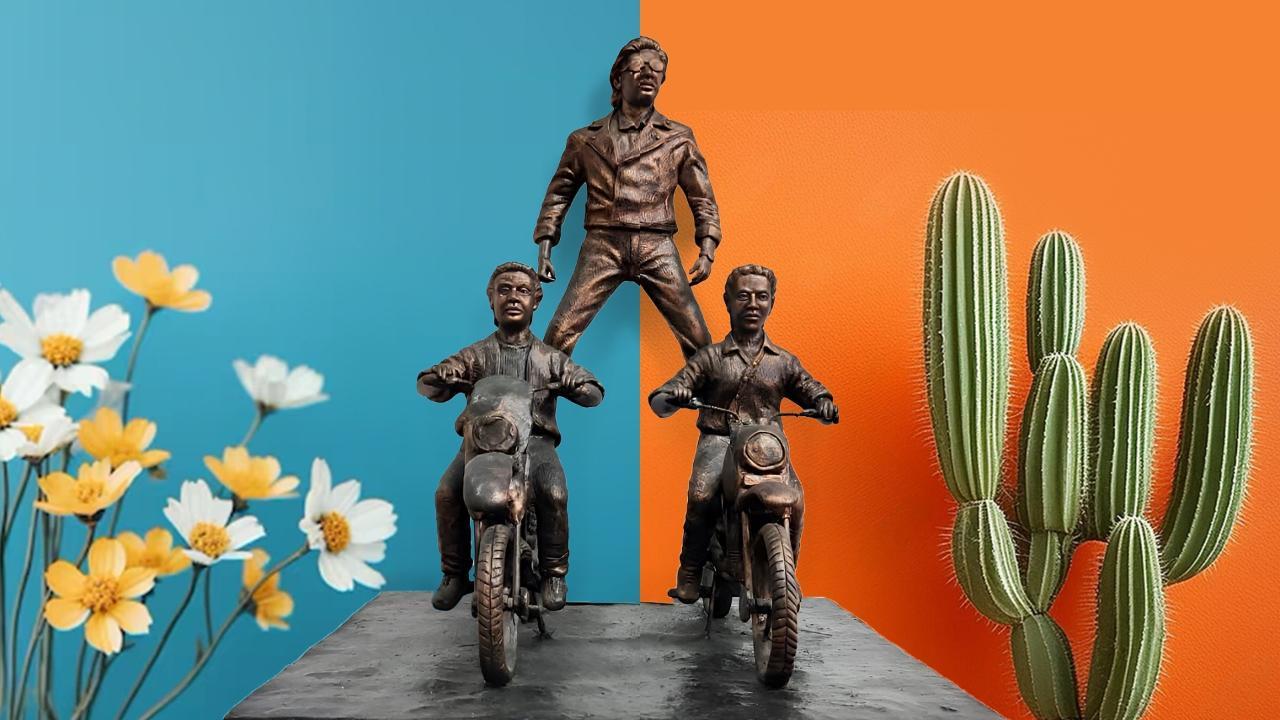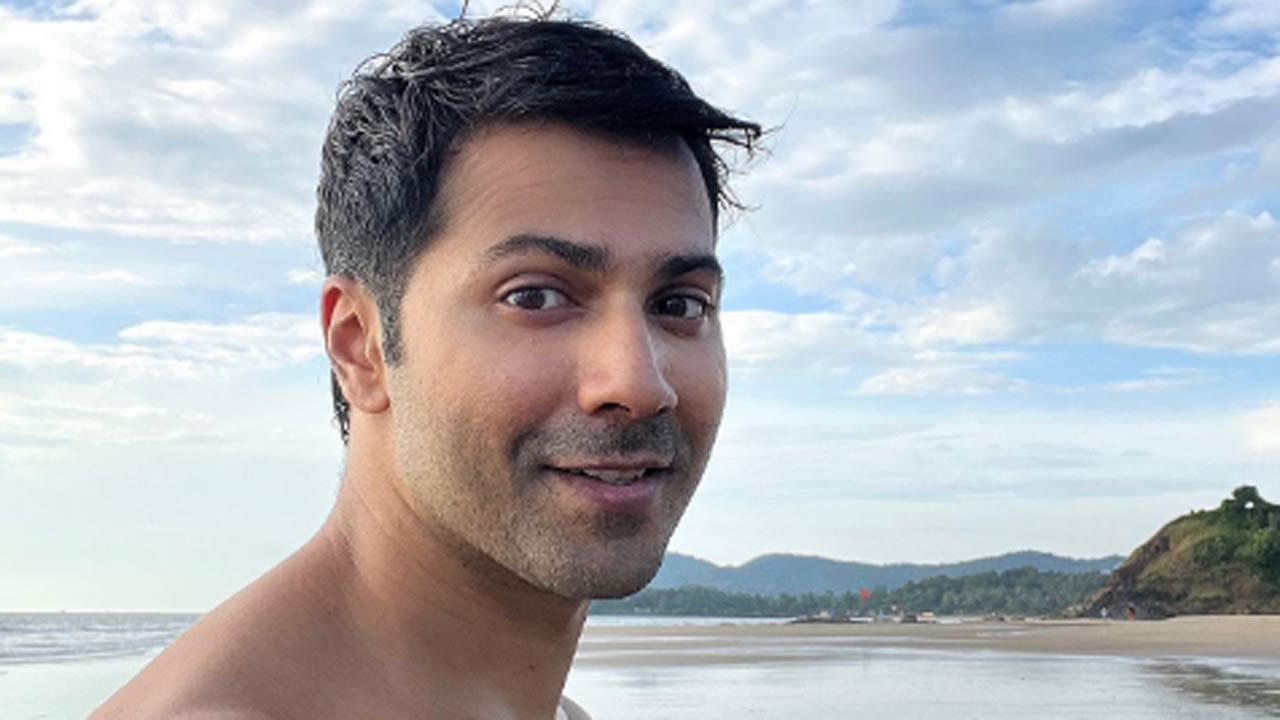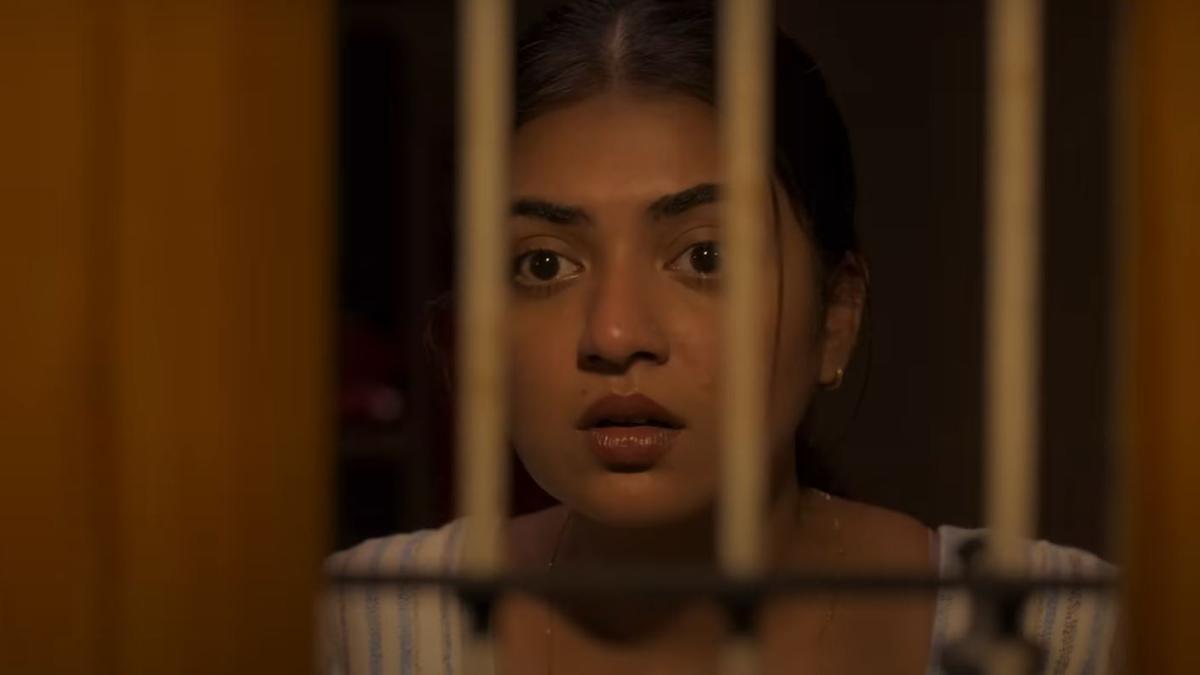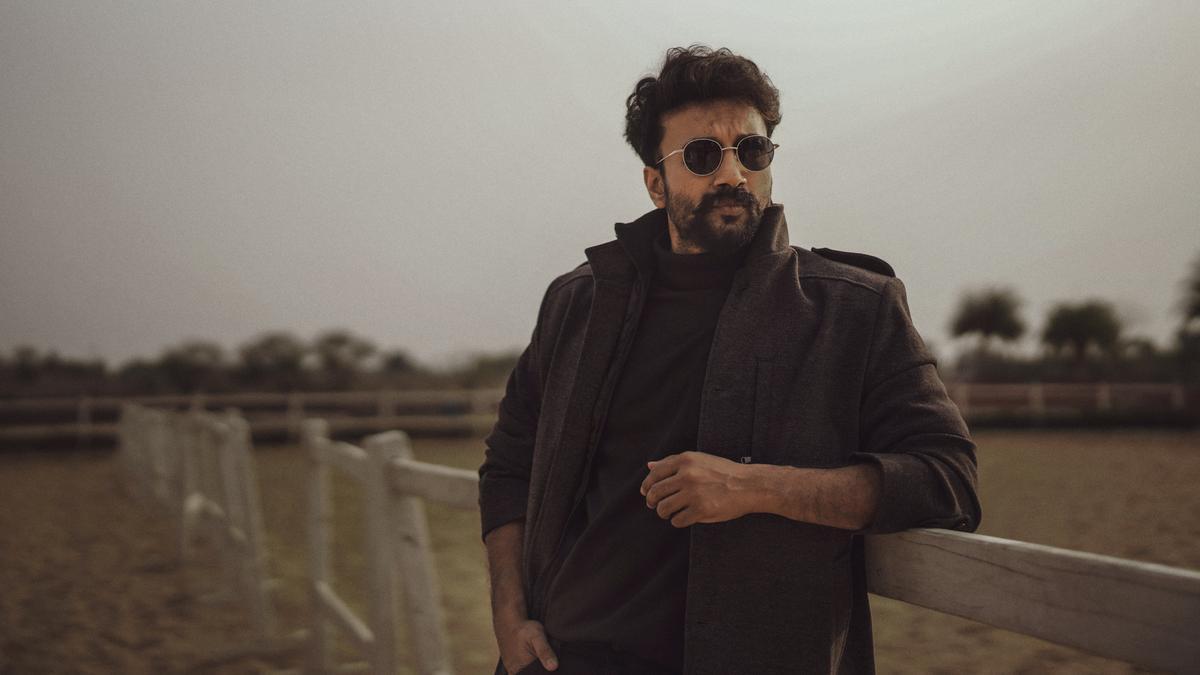
Any time a book is adapted for the screen, debates and discussions arise. Does the show or film manage to recreate the magic of the book? Are the characters portrayed as you imagined them while fervently turning the pages? Most importantly, does the adaptation stay faithful to its source material and avoid significant plot deviations?
For a book as celebrated and revered as Min Jin Lee’s “Pachinko,” these questions have always loomed large over its TV series adaptation, which is now returning for a second season. Creative liberties abounded in the first season, the most notable being the show’s decision to abandon the book’s linear narrative. Instead, the series simultaneously focuses on its central protagonist, Sunja, in the past, and her grandson, Solomon Baek, in the present.
Sitting down with Soo Hugh, the showrunner, and Jin Ha, who plays Solomon, offered a unique glimpse into the intricate process of bringing “Pachinko” to life on screen. “What was most interesting in the writer’s room for this season was Jin Ha’s Solomon,” Soo Hugh smiled, nodding at her star. “We covered most of Solomon’s storyline from the book in season one, and worked on taking this forward for season two. For the past, which is focused on Sunja, we still had a strong foundation with the book,” she elaborated.
Hugh, known for her work on shows such as “The Terror,” “The Whispers,” and “The Killing,” brings her extensive experience to “Pachinko.” With the series debuting in 2022, she has been credited as the showrunner, executive producer, writer, and the visionary who adapted the acclaimed novel to the screen.
In the first season, Solomon is seen temporarily relocating from the US to Japan for his career, where he faces challenges to his ideals of fairness while grappling with an identity struggle. Despite his swashbuckling presence in the finance world, the series portrays him within the familial context as a son and grandson, whose Ivy League education and professional success bring pride to his family. The new season finds Solomon more disillusioned and cautious, coming to terms with his identity and recognizing that fairness is often political and not absolute.
“We found ourselves on a kind of cliff’s edge with the present-day storyline. Solomon’s character arc is both subtle and expressive, which posed a significant challenge. We constantly asked ourselves what we could do with him,” Soo Hugh revealed.
.
A defining moment from the first season shows Solomon running into the rain after a critical encounter at work. His colleague, Naomi, sees him dancing with abandon in front of street musicians shortly afterward. This moment encapsulates Solomon’s inner turmoil and pursuit of freedom within a restrictive societal structure.
“I think it is such a rare gift to embody a character like Solomon, because he is drawn from this incredibly rich source material,” Jin Ha reflected. He describes his character’s arc in the second season as a “blazing new story,” offering an opportunity to chart new paths while maintaining fidelity to the book’s larger narrative.
“For me, this season provides a sense of freedom. Any actor works through adaptations, but this season deepens my ownership of Solomon. We no longer have the book’s guidelines, so it’s up to us to navigate his journey,” Jin Ha said of his character’s evolving storyline.
Shot in Japanese, Korean, and English, “Pachinko” chronicles four generations of a Korean immigrant family navigating love, loss, grief, and survival. Soo Hugh previously remarked on how a story so specific to one family managed to resonate universally with audiences who have read the book or watched the series.
When asked about the historical significance and relevance of “Pachinko,” Soo Hugh emphasized the universality of its story. “The fact that we are thousands of miles apart, yet discussing these characters who feel so universal, underscores the importance of this story. Many shows like ‘Pachinko’ cross boundaries and time periods, unveiling histories that might be unfamiliar to wide audiences,” she noted.
For Hugh, stories like “Pachinko” make the world smaller, kinder, and more humane. “If there were a similar story—an ‘Indian’ Pachinko, for instance— I’d watch it in a heartbeat,” she affirmed.
The second season of “Pachinko” begins streaming on Apple TV+ from August 23.










